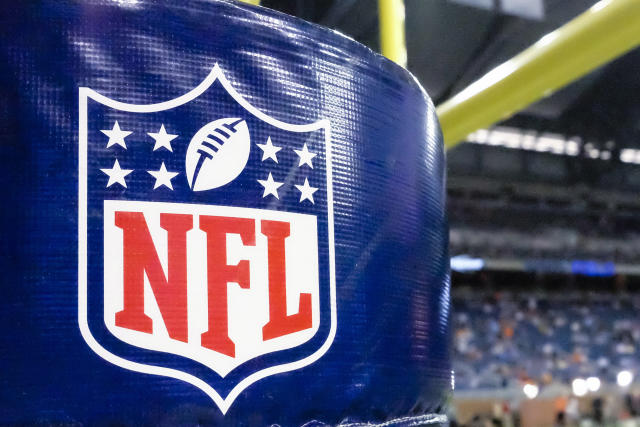
central issue revolves around claims concerning dementia, a neurocognitive impairment with varying degrees of severity that can be difficult to diagnose with complete accuracy. According to reports, 1,113 of the 1,712 medical claims (or 65 percent) made in the first year since a Supreme Court ruling moved to finalize the settlement in January 2017 are seeking benefits related to dementia.
Yet, just six of those claims have been paid out for a total of $4.85 million, well short of the estimations of 430 approved dementia claims and $72.3 million originally projected by the NFL. In total, the three most common categorical claims have fallen short of the league’s projections.
The claims process is overseen by a third party, BrownGreer, although the NFL can appeal the settlement administration firm’s approvals, and therein lies the problem, per the latest court filing:
“The NFL has turned the Settlement into a secret, privately litigated claim system that involves changing standards for claim packages, inconsistent and often improper standards of review, a black hole of audits, alleged deficiencies, anonymous opinions, denials, appeals, remands, technical squabbles over what a valid diagnosis might be, and the refusal by the NFL to agree to almost an interpretation of the Agreement that will streamline and make reasonable the claims process.”
Deadspin detailed one such case from the court filing. One player diagnosed with early onset Alzheimer’s by a host of medical professionals had his claim frozen on the eve of its final approval when the NFL demanded an audit after losing its initial appeal, accusing him of fraud based on a four-year-old three-minute video it found online of the player speaking publicly, according to the lawsuit.
“Clearly, the NFL is scouring the internet and social media sites to find isolated out-of-context moments of lucid behavior by a player to drum up doubt about a sound [early onset Alzheimer’s] diagnosis approved by BrownGreer and the Special Masters,” the latest court filing contended.
Former New England Patriots cornerback Ronnie Lippett told The Washington Post his Alzheimer’s claim was denied because his dementia was considered a result of his sleep apnea and depression, and sources told the paper that other players are being denied due to symptoms of their disease.
According to The Washington Post, the NFL has appealed 35 of the 185 total claims approved by BrownGreer, succeeding in overturning two, and another 670 dementia claims are being audited.
“It’s played out the way I anticipated,” attorney Michael Kaplen, a brain injury specialist who raised similar concerns about the settlement process during the 2016 Supreme Court case, told The Washington Post. “These players are beginning to wake up and understand the settlement is a fraud. The majority of players who deserve compensation are not going to get compensation.”
An NFL official denied the court filing’s claims off the record, and league spokesman Brian McCarthy said the claims process is being streamlined, suggesting “no legitimate claim has been rejected.”
“The notion the NFL is throwing sand in the gears and trying to block and obstruct, nothing can be further from the truth,” a league official told The Washington Post under the condition of anonymity.
“Ninety-four percent of the claims rewards have not been challenged on appeal,” the league official added anonymously. “In the overwhelming bulk of the awards made so far, the NFL has not filed an appeal. I just don’t think the statistics lie and there’s certainly been an emphasis on the few disappointed players and their representatives to try to suggest something — mainly that the league is obstructing the settlement process — when the actual facts are completely the opposite.”
The majority of approved claims have been awarded to ex-players suffering from or succumbing to more easily diagnosed medical issues, such as Parkinson’s disease, Chronic Traumatic Encephalopathy (CTE) and amyotrophic lateral sclerosis (ALS). But this week’s court filing contends the NFL is specifically targeting players with dementia, because they make up the large majority of claims, aren’t easily diagnosed and are more prone to rejection in the settlement’s appeal and audit processes.

No comments:
Post a Comment